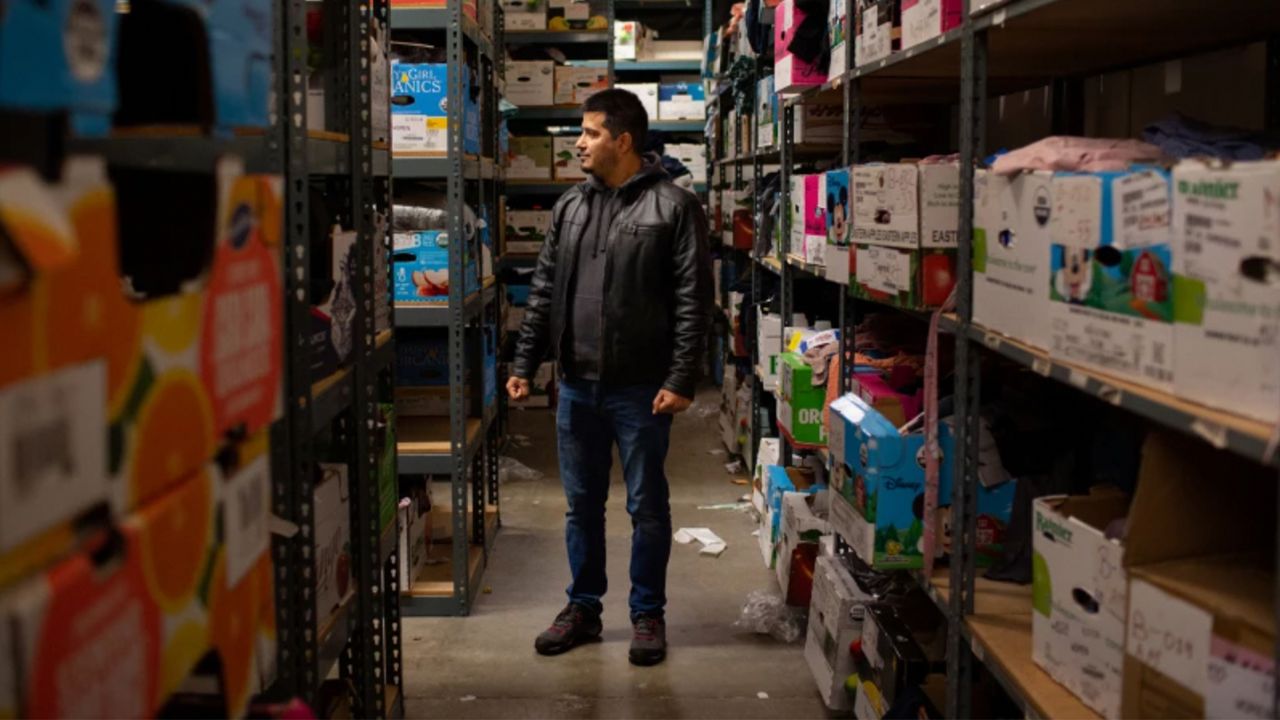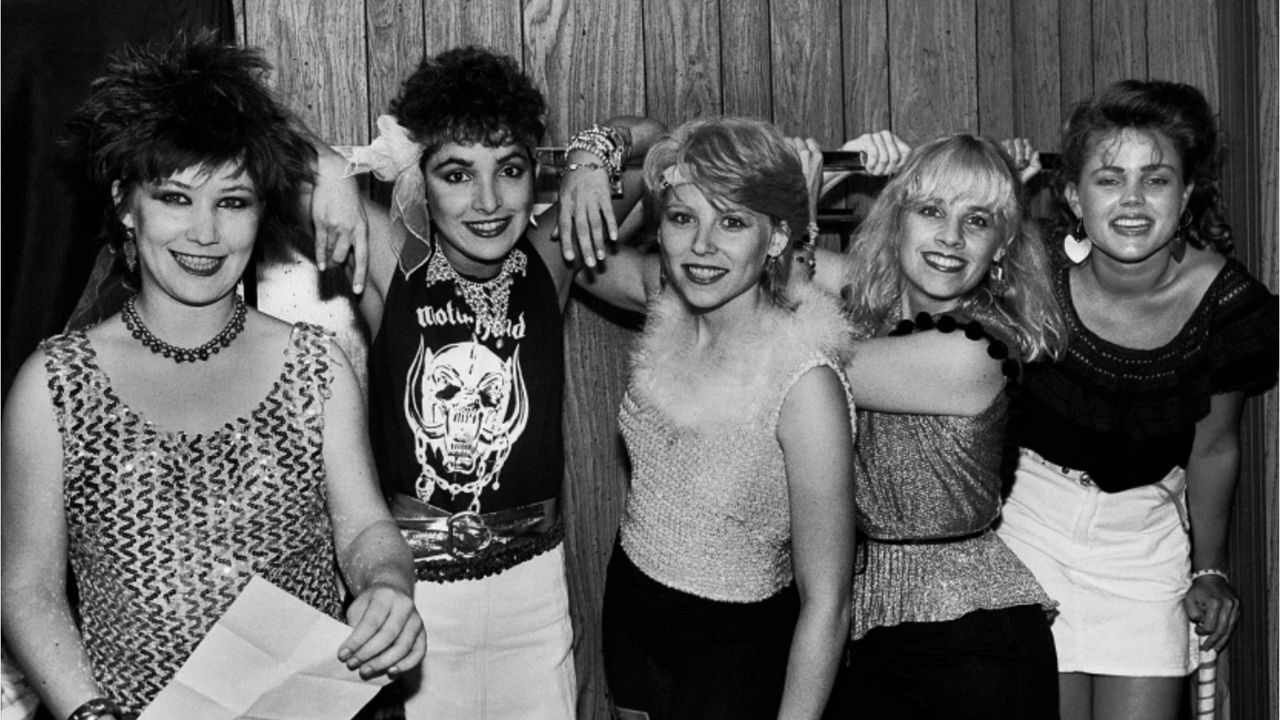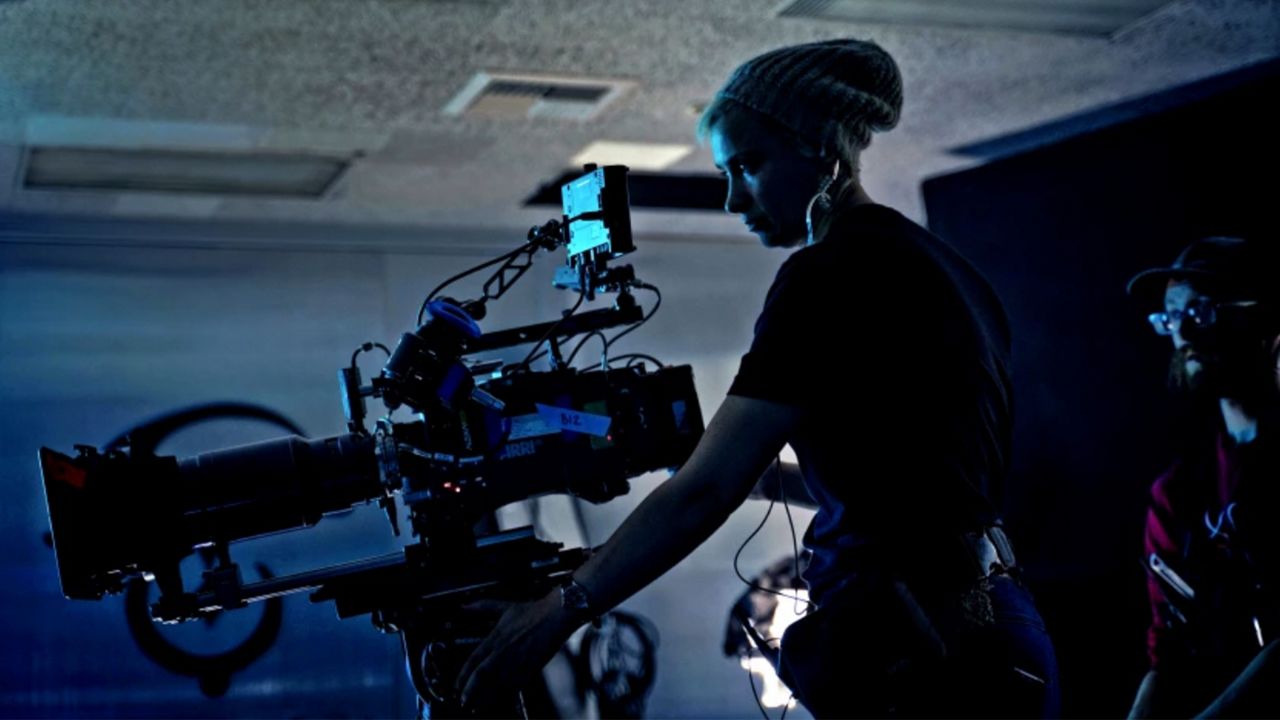As Mr. Rogers famously said, "Look for the helpers." And in this time of isolation and physical and mental pain, many people have reached out to Black herbalists for restorative care and community.
Los Angeles Times staff writer Julissa James joined Spectrum News 1 anchor Lisa McRee on LA Times Today to talk about some of these healers.
An herbalist is somebody who treats mental, physical, and emotional ailments through medicinal plants.
"If you are having trouble sleeping, you might go to an herbalist who will sit you down and run through a list of questions about what is going on in your life. And then, based on their knowledge, they would prescribe you a blend of herbs, a tincture, all these different forms that herbs come in," James said.
James said that herbalism has a rich history in Black culture in the United States and worldwide.
"There are stories about enslaved people using the herbs around them to cure themselves when they did not have access to any other medicine. So, this knowledge is something that runs through generations and generations. And I think nowadays, a lot has been lost, but there is a small community of Black herbalists who are trying to keep it going and trying to educate and treat people in these ancestral ways."
Many of the herbalists James spoke to gained their knowledge through their family. But there are other ways to get educated in this form of healing.
"One of the women I spoke to, her name is Karen Rose, and she is from Guyana, and she talks about drinking 'bush tea' growing up, and it was a natural part of everyday life. It is like, you have a cut, rub an herb on it. Or, if you have a headache, drink tea. So it is definitely something that is passed down from generation to generation. But, for the Black herbalists in this country who maybe did not have that, many go to herbalism school or herbal training programs. There are so many different ways that you can learn and become certified as an herbalist. I think the issue that some of the herbalists I spoke to had with these training programs is that they have become separated from the spiritual aspects. And that is very important for these Black herbalists because that is something that is entrenched in their culture."
Some of the specific herbs James mentioned were adaptogens and nervines.
"A nervine is a type of herb that helps your nervous system specifically. And that can be a few different things; I know reishi mushroom is a nervine. Many Black herbalists this year have been prescribing nervines to help with our stress and anxiety, and our nervous system is burnt out, so those kinds of herbs can be very supportive with that. Adaptogens are a kind of herb that helps people process trust, anxiety, grief—big scenes of 2020 and early 2021," James added.
Social media has been an excellent tool for people to support and learn about Black herbalists.
"This year has been a big-time for Black herbalists for a few different reasons. I think after George Floyd was killed last year, a lot of them banded together, and a lot of them were offering their resources for free to other Black people on the internet. Another big part of them connecting was that there were these calls on the internet to support Black businesses. And, a lot of people started seeking out Black herbalists, specifically. One of the ways I noticed that was really big was through the hashtag #Blackherbalist. And that hashtag became really important because it became a place for people seeking out a Black practitioner specifically. Many of these people were seeking out a Black practitioner because they felt that they knew what they were going through. I think the hashtag also served as a place for other Black herbalists to find each other because it has become a small community," James said.
From Julissa James: Why are so many turning to Black herbalists? Their remedies are tailor-made for 2020 #SomosLAT https://t.co/L2ZABQS2N7
— L.A. Times Latino Caucus (@LATLatinoCaucus) December 30, 2020











